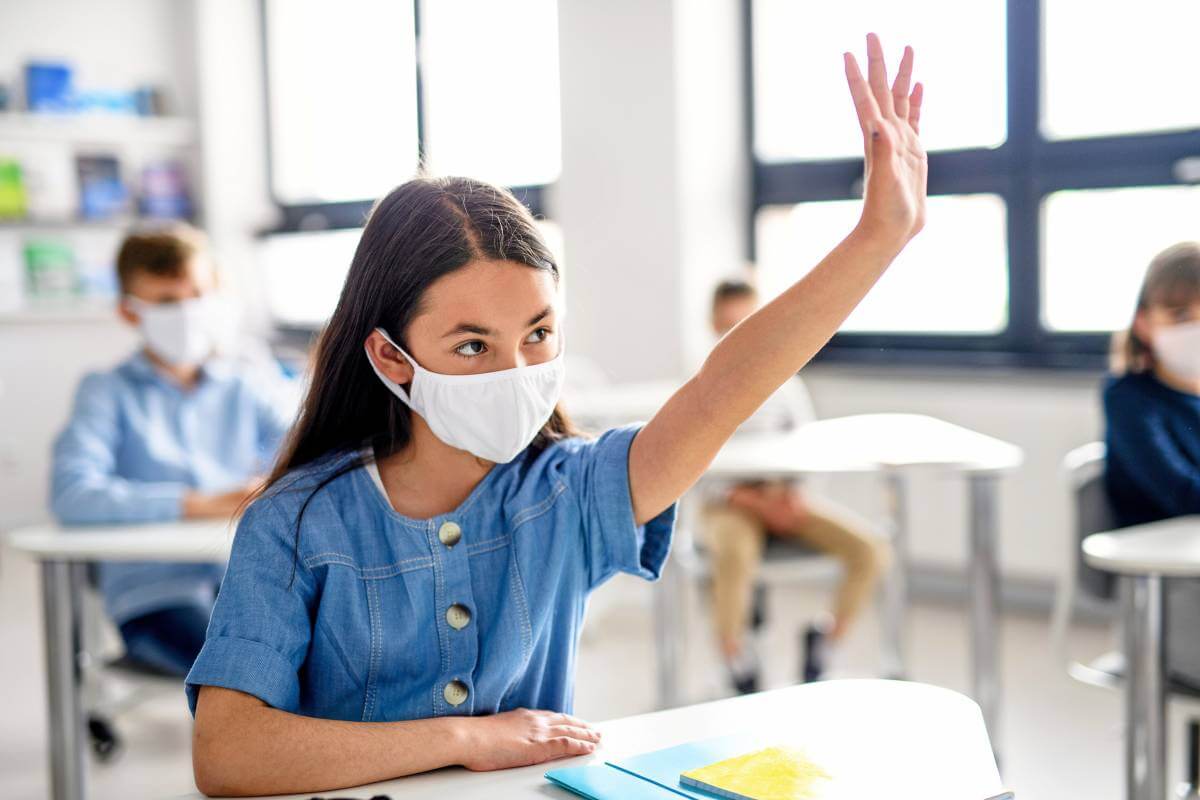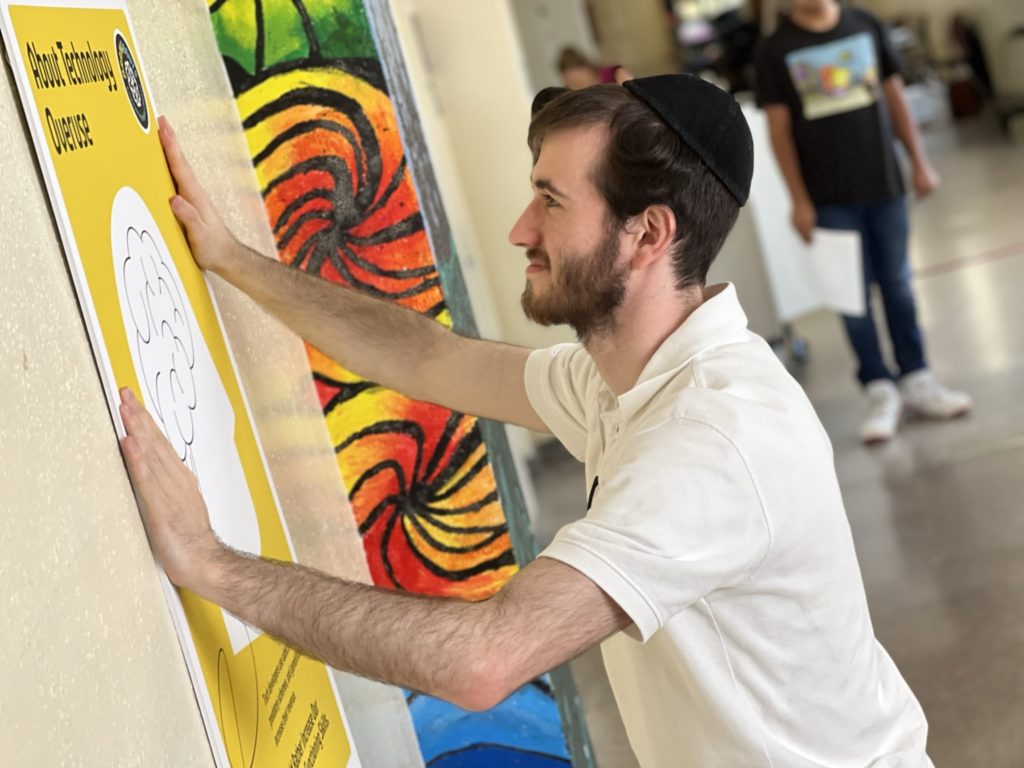BrainAbouts: Empowering Positive Choices & Developing Healthy Brains
The part of our brain that regulates behaviors isn’t fully developed until around 25. This means young people need help understanding the consequences of engaging in high-risk behaviors and need to be taught the skills to make positive—and potentially lifesaving—choices.
JFJC’s signature program, BrainAbouts, is a neuroscience-based prevention program that provides schools with a toolbox to empower young people to make better decisions and develop healthy brains. BrainAbouts is designed to be a turnkey tool for counselors, a go-to resource for parents, an activity generator for students, a pre-integrated curriculum for teachers, and a statistics tracker for school administrators.

